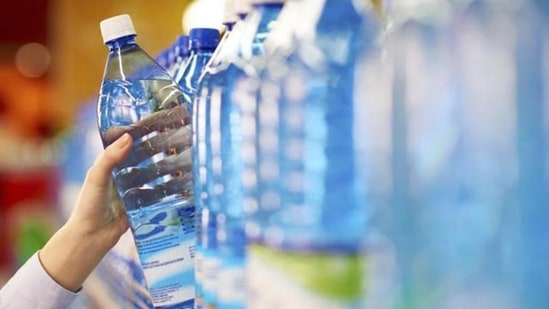
Can plastic cause autism? Research answers
4 months ago | 32 Views
Autism is a neurodevelopmental disorder that can affect a person’s communication, speech, learning and behavioural patterns. Also known as Autistic Spectrum Disorder or ASC, autism is a developmental disorder that is usually diagnosed after the symptoms start to show by the age of two. In a recent study, it was stated that the use of plastic can accelerate the risk of developing autism.
Exposure to hard plastic
The study, led by Elisa Hill-Yardin, RMIT University, showed that exposure to components of the hard plastic, mainly bisphenol A, or BPA in the womb can lead to boys developing autism. BPA is a component that is found in hard plastic. It is also found in many food items and drinks – this makes the exposure to BPA rampant in our daily lives. It is studied that BPA can mimic the effects of estrogen in our body. Many countries have banned the use of BPA – in Australia, the use of BPA in baby bottles is being phased out.
Autistic people face difficulties in communicating, learning, speaking and behaving socially. There are levels of difficulties faced by people with autism – it varies from person to person. The influence of genetics on autism is very strong. It has been observed that complex interaction of many genes is responsible for the development of autism. However, it is difficult to detect, even in large-scale studies. Sometimes, environmental factors and certain antiseizure medications are also responsible for causing the risk of autism development.
It affects boys more than girls
The research was conducted on 1,074 Australian children. 847 samples of urine of mothers late in their pregnancy were collected to measure the amount of BPA. The study found a link between high maternal BPA levels and a greater risk of autism. However, the study further showed that there were less number of girls affected by autism – it concluded that boys were more in number.
Read Also: Does too much sugar cause diabetes?





















